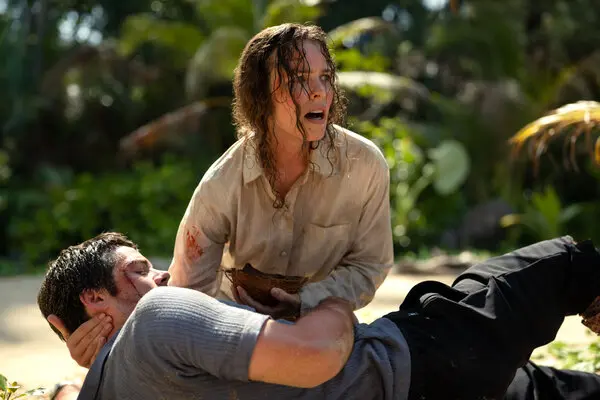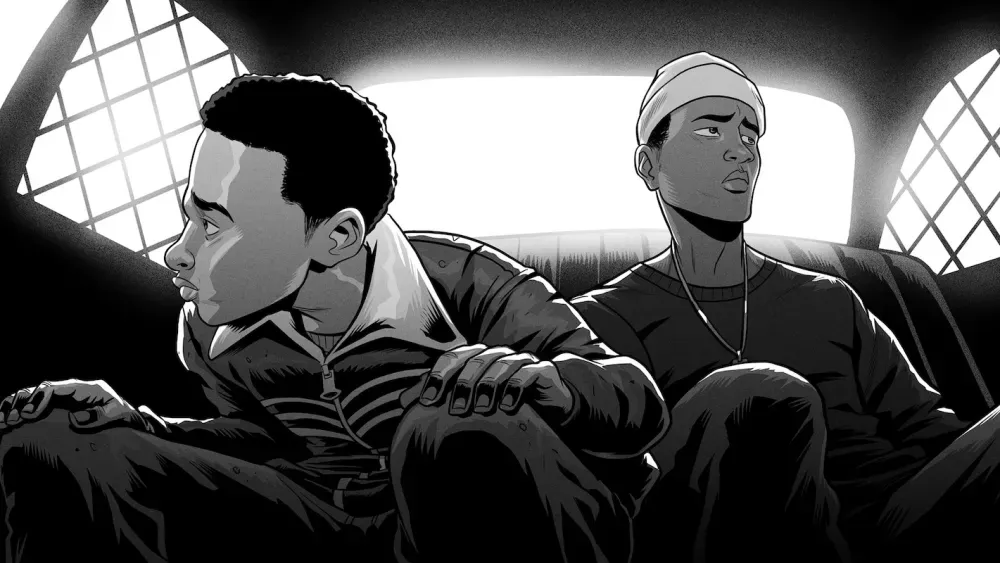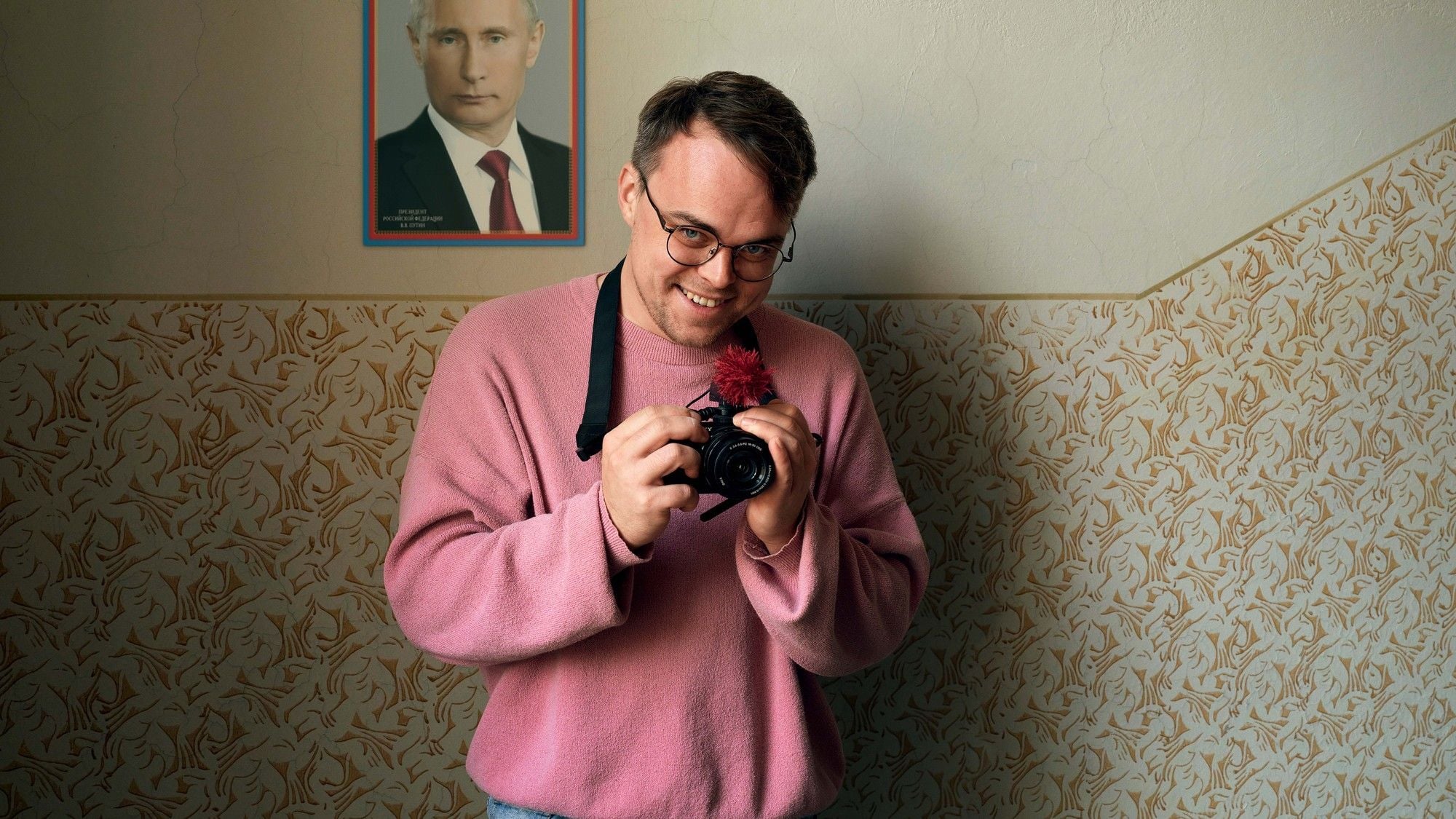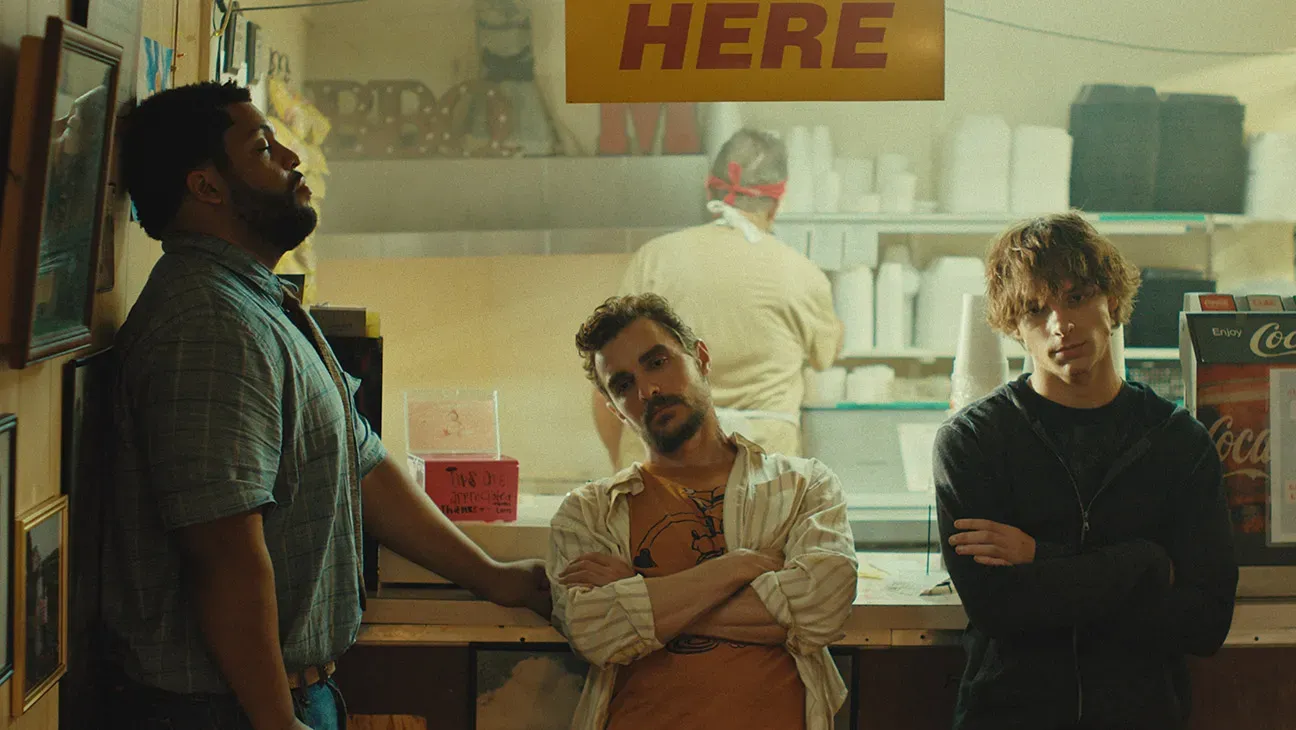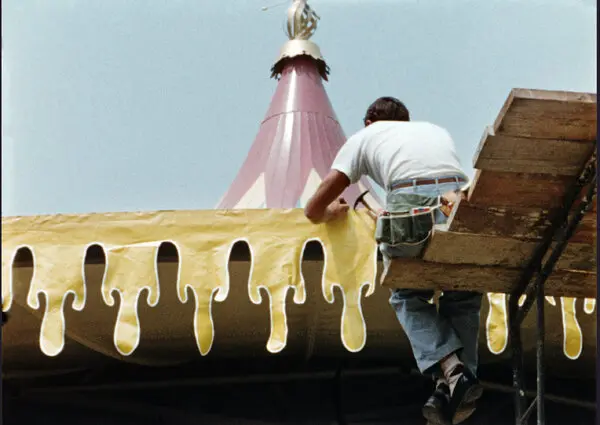
Wicked Little Letters (2024) — Movie Review
- Apr 2, 2024
"Wicked Little Letters," a compelling new film directed by Thea Sharrock and enhanced by a hilariously sharp script by Jonny Sweet, uncovers a real-life neighborhood scandal in 1918-1920 England that turned national news. The storyline unfolds around Rose Gooding, an Irish immigrant and single mother, who becomes friends with her next-door neighbor, Edith Swan, a middle-aged woman living with her parents in the coastal town of Littlehampton. After a series of anonymous offensive letters makes their way to Edith, Rose is accused, trialed, and jailed multiple times, revealing prejudices in the community. The plot takes a turn as a female police officer conducts her own investigation, leading to Rose's eventual acquittal.
The film's talented cast includes Olivia Colman as Edith, the woman under her parents' stronghold, and Jessie Buckley portraying the spirited and dauntless Rose. The picture effectively depicts anti-Irish sentiments prevalent at the time and the constraints of Edith's life, while also exploring the spirit of freedom embodied by Rose. The narrative is skillfully propelled by the investigation led by Gladys Moss, played by Anjana Vasan, the only female police officer in Littlehampton, whose determination and intuition lead to the unraveling of the truth.

The film's initial half swiftly builds the narrative, establishing characters and setting the mystery in motion. While the unfolding investigation may seem clichéd, its presentation is marked with humorous eccentricity and an undulating tone that permits genuine sentiment. As Gladly commences her unofficial investigation, the narrative propels into an engaging caper-like mystery, armed with surprise alliances and stealthy pursuits.
"Wicked Little Letters" is defined by its ensemble cast's compelling performances and its depiction of a simple life disrupted by scandal. It aptly comments on human impulses and the modern phenomenon of anonymous cyberbullying, drawing parallels with the harassment committed through anonymous letters marked in this case. At the heart of it, the film also showcases entire communities' capacity to turn against an individual for being different, making it a socially relevant experience wrapped in the casing of an engaging mystery.



